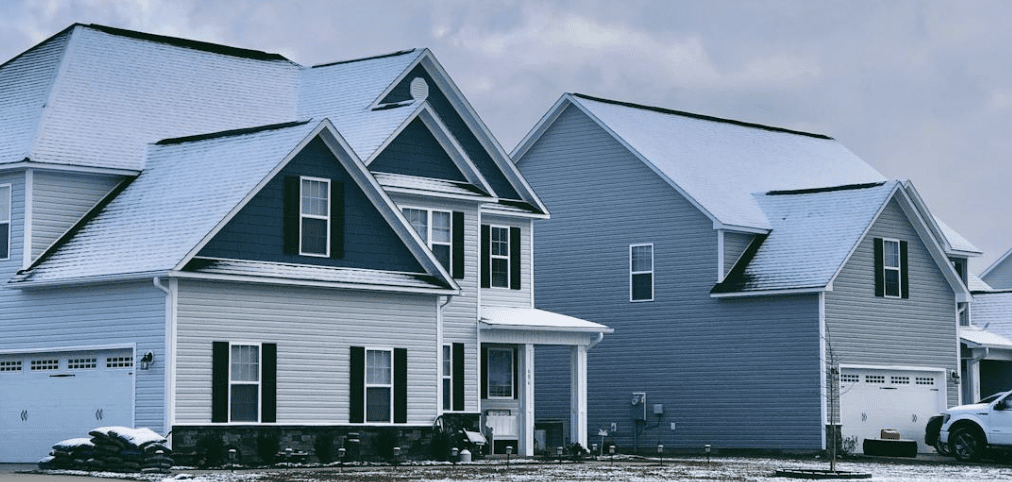Buying a Second Home Made Easy
Buying a Second Home Made Easy
Blog Article
What to Know Before Purchasing Your Second Property
Purchasing another home is just a substantial milestone, if it serves as a vacation retreat, an investment property, or a future retirement haven. With increasing need and changing real-estate areas, careful preparing and strategic decision-making are essential to ensure your next home purchase aligns easily with your financial and particular goals. This information examines critical considerations and measures associated with getting the second buying a second home and renting the first.

Assessing Financial Willingness
Among the first steps in planning for an additional home buy is doing an intensive financial evaluation. An over-all endorsement is always to plan for a two decades down payment, though this ranges predicated on industry problems and loan terms. Based on U.S. Census knowledge, 65.5% of properties in the United States are owner-occupied, highlighting the strong demand for mortgages.
Lenders usually examine your debt-to-income (DTI) percentage before approving a second-home mortgage. A healthy DTI ratio of 36% or decrease increases your likelihood of getting positive loan terms. Also, aspect in expenses beyond the mortgage, such as home taxes, maintenance, HOA fees, and insurance premiums. Based on the National Association of Realtors, vacation homebuyers spent a median of $425,000 in 2022, reinforcing the necessity for precise financial planning.
Deciding the Intent behind Your 2nd Home
The goal of your second home greatly impacts the decision-making process. If you plan to use it as a hire home, study regional rules, potential rental income, and occupancy trends. A 2023 survey by Statista showed that short-term rental revenue reached $101.3 million internationally, demonstrating the economic potential in that market.
For holiday domiciles, prioritize locations giving year-round application or vicinity to attractive amenities. Consider facets like leisure options, accessibility, and expected appreciation in house value. For pension planning, lower-maintenance qualities and neighborhoods providing life style amenities may be preferred.
Researching the Market
Next comes in-depth industry study, which include analyzing housing traits and choosing a spot that aligns along with your goals. A Zillow record unmasked that housing markets in suburban and vacation-centric parts became dramatically in need during 2021-2023, specially as remote work presented individuals with larger flexibility.
Remain informed about home price trends in your preferred place, checking gratitude charges in the last decade. Contemplate employing a local property expert who recognizes regional value people and zoning regulations.

Long-Term Planning
Last but most certainly not least, think for the long term. Set aside disaster reserves and anticipate future house costs such as for instance renovations, key repairs, or industry fluctuations. Correctly determined investment strategies place second-home buyers for equally immediate satisfaction and future economic stability.
Buying your next house is not only a particular decision but a financial duty requesting innovative preparation. Using these strategies, homeowners can confidently program their entry in to that rewarding next step. The important thing is really a mixture of market research, financial control, and understanding of purpose. Report this page